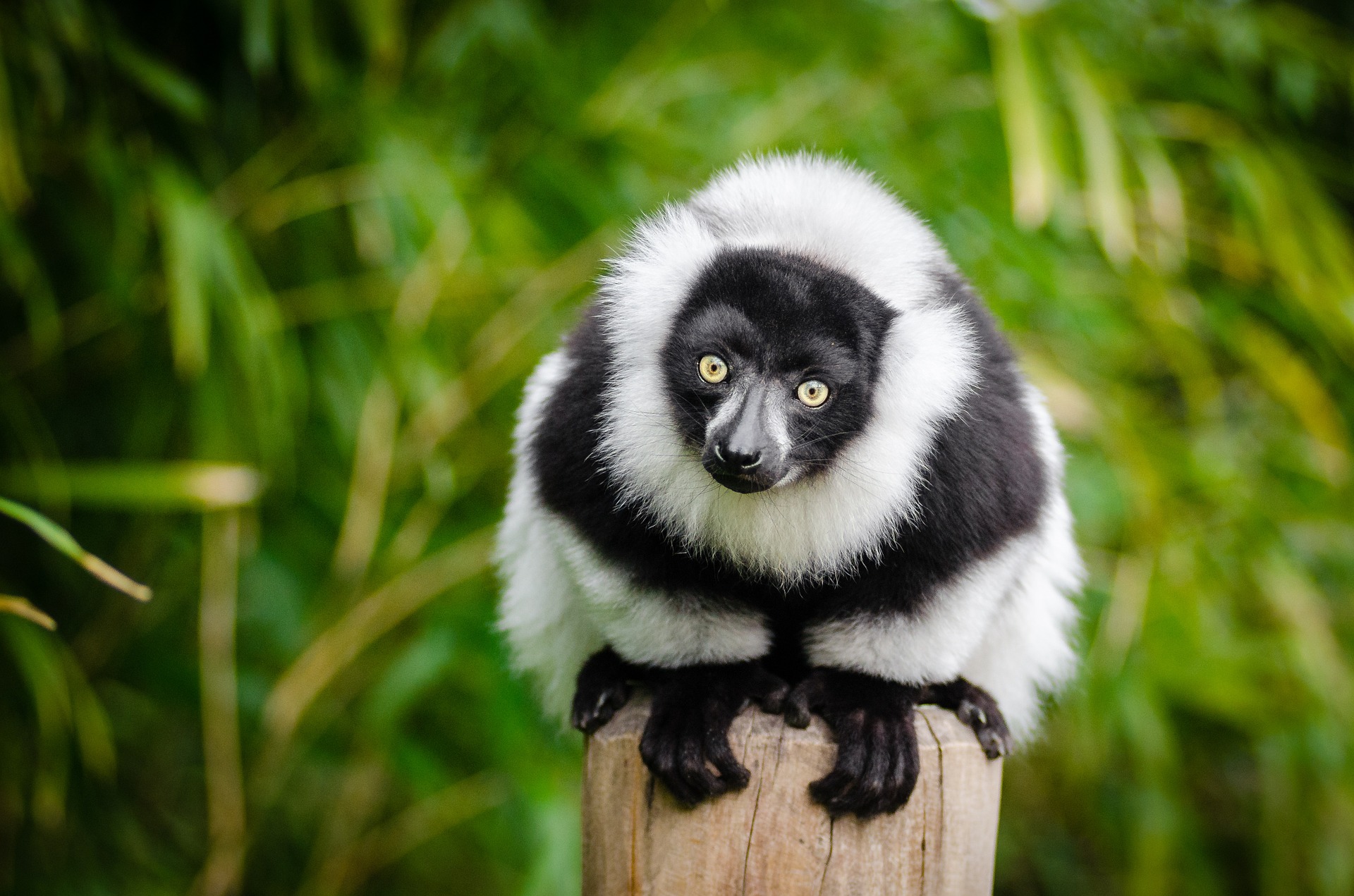The government has today (12 December) launched proposals to ban keeping primates as pets in England, inviting the public to have their say on the issue over the next eight weeks.
This public consultation on the government’s manifesto commitment to ban keeping primates such as capuchins, lemurs and squirrel monkeys forms part of a renewed push to cement the UK’s position as a world leader on animal welfare.
Primates are highly intelligent wild animals with complicated welfare needs, and require open spaces, varied diets, social contact and plenty of warmth and light. Findings from a recent call for evidence found that these complex needs cannot be met in a home environment.
Under these new plans, it will be an offence to keep a primate as a pet in England. Only those keeping primates to zoo level standards will be permitted to keep primates.
The government anticipates that up to 5,000 primates are currently kept outside of licensed zoos in the UK. Marmosets are by far the most commonly held primates in the UK, with capuchins, squirrel monkeys, lemurs and tamarins also among the most common species.
Monkey World, a sanctuary for abused and neglected primates in Dorset, have taken in over 100 primates from the UK pet trade, with 78 primates rescued in the last 10 years alone and now have a waiting list of over 100 more.
The new proposals mean that specialist primate keepers who do not hold a zoo licence will need to obtain a new specialist private primate keeper licence to ensure they are meeting the required high welfare standards. These plans will also place welfare restrictions on the breeding and transferring of primates.

Animal Welfare Minister Lord Goldsmith said:
Primates are hugely intelligent and socially complex animals. When they are confined in tiny cages, often alone and with little stimulation, their lives are a misery. It’s important that we take action to prevent the suffering caused to them when they are kept as pets, and so I am delighted that we are moving a big step closer towards banning the practice. These proposals will ensure that we have the strongest protections in place for our animals. We have some of the highest animal welfare standards in the world, and these plans form part of a range of measures we are taking to raise the bar even further, such as ending live animal exports and cracking down on illegal puppy smuggling.



